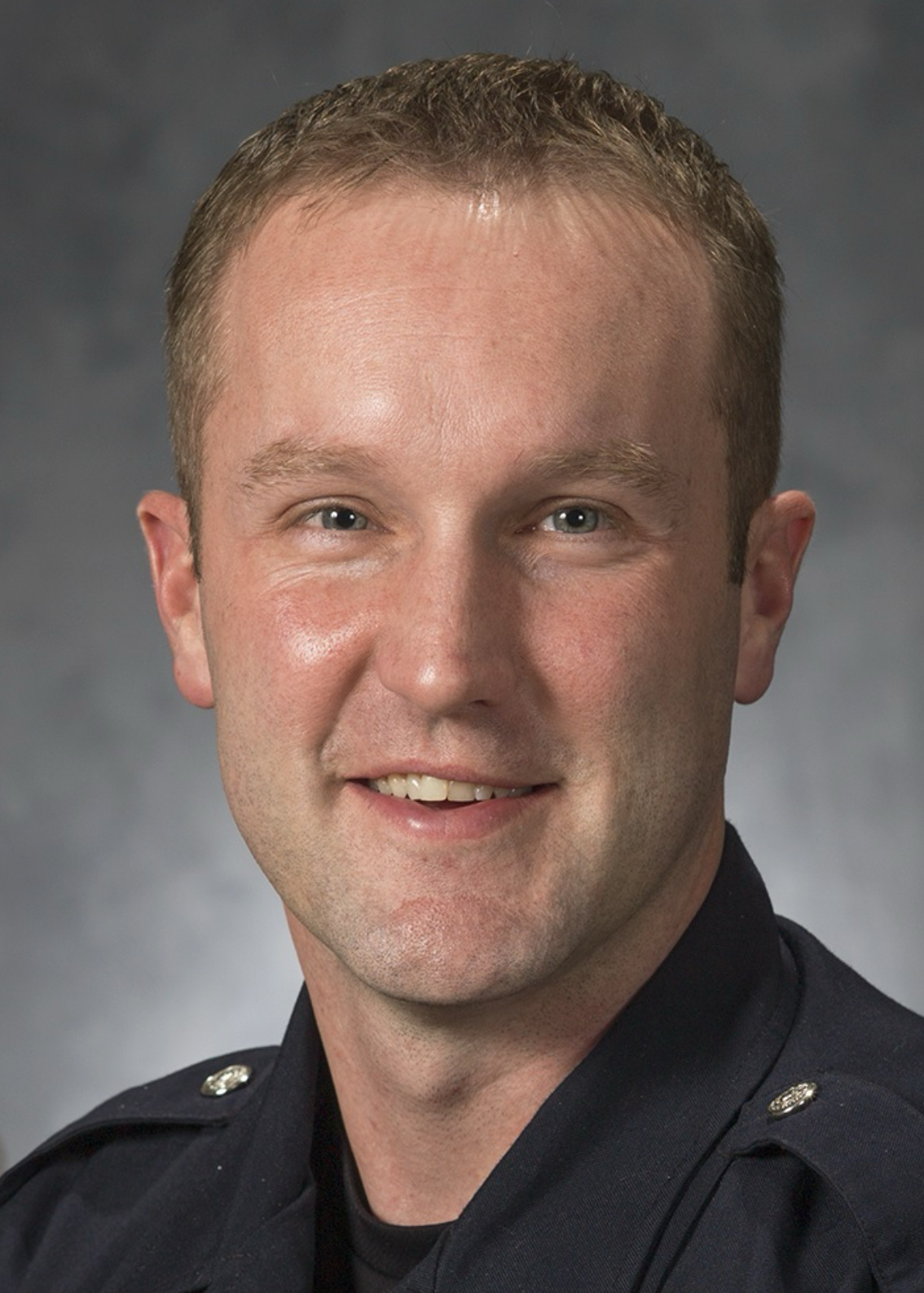I graduated from the University of San Diego in 2001 with a BA in Political Science. Having worked for campus security, I decided to pursue law enforcement, hiring with Seattle PD in 2002. I worked patrol operations for 17 years as an officer, sergeant, and lieutenant. I currently oversee all technology for Seattle PD.
What motivated you to be a LEPSL ambassador?
I gained so much from the LEPSL program, I found myself acting like a salesman to many in my department. I have three current LEPSL students thriving in the program right now. The work I did during my LEPSL assignments has directly influenced my daily work at SPD more times than I can count. I’ve found myself taking papers I wrote for school, reformatting them, and submitting them for work projects on several occasions.
Why did you choose the LEPSL program? What made LEPSL stand out in comparison to other schools/programs?
I knew when I graduated undergrad that I wasn’t done with school. I knew that I wanted to go back and get a postgraduate degree but I wasn’t sure what program or even what discipline. Many coworkers sought MBAs or MPAs, both of which are useful. But I always thought the MBA was a degree for after-police work and the MPA far too broad for applicability. I heard about the LEPSL program while attending another national police training program and was thrilled to find that it was not only at USD, but that it focused specifically on how to become a better police leader. I spoke with Dr. Fritsvold about how the curriculum was formed talking to police chiefs and mayors and I was sold.
What were your concerns about starting a graduate program?
Time and money. My son was 10 when I started and I had just moved out of patrol operations to my first headquarters assignment. So I was very worried about having enough time, either at work or at home, to keep up with my schoolwork. As for the cost, all our extra money was being invested in our son’s education. I needed a program that wouldn’t create an insurmountable pile of debt.
How did the LEPSL program help you achieve your career goals?
LEPSL has helped me focus my thoughts and ideas into usable formats. Several programs I have in the works at SPD right now are directly influenced by my time with LEPSL. I learned how the higher levels of police and politics intermingle and how best to present to them for success.
What advice would you share with prospective LEPSL applicants?
Don’t hesitate to start the LEPSL program. You don’t have to promote first, or even be a sworn police officer. Leadership comes from all ranks and it’s never too early to start becoming a leader. Rank gives you power. Leadership gives you influence.
What was your favorite part of the LEPSL program?
My favorite part of the program was the interaction with fellow students. Whether on the discussion boards or in group projects, the opportunity to work with those in similar circumstances was near cathartic as we shared issues, engaged in group problem solving, and developed great friendships. I still communicate regularly with a classmate I worked with from SFPD. We have yet to meet in person but we still run issues and ideas by one another.
What were you balancing while participating in the LEPSL program?
I started a new assignment the week I started LEPSL. Additionally, my wife works as a high school coach so she is gone in the evenings, leaving me to deal with the busy schedule of an active 10-year-old boy. He had two basketball practices back to back on Wednesday nights during my first course. I would drop him off and, at first, do my reading and writing while waiting in the parking lot. Soon I found a little pub nearby and would sit and read/write with a good pint and my laptop.
How did you stay motivated throughout the program in the face of competing priorities in your life?
It wasn’t hard. The applicability of the LEPSL work to my regular work made it easy to keep on task. I would find myself looking forward to the coming week’s reading to see how I would be able to apply it at work.
LEPSL Graduating Class:
2021
